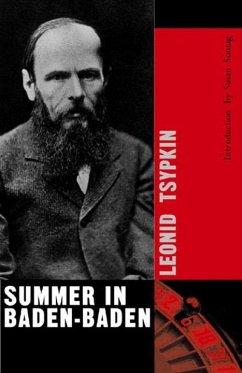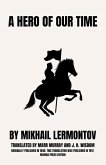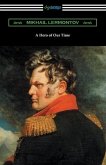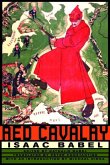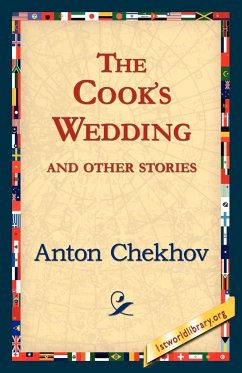A lost masterpiece and one of the major achievements of Russian literature in the second half of the 20th century, "Summer in Baden-Baden" was acclaimed by "The New York Review of Books" as "a short poetic masterpiece."
Summer in Baden-Baden was acclaimed by The New York Review of Books as "a short poetic masterpiece" and by Donald Fanger in The Los Angeles Times as "gripping, mysterious and profoundly moving." A complex, highly original novel, Summer in Baden-Baden has a double narrative. It is wintertime, late December: a species of "now." A narrator-Tsypkinis on a train going to Leningrad. And it is also mid-April 1867. The newly married Dostoyevskys, Fyodor, and his wife, Anna Grigor'yevna, are on their way to Germany, for a four-year trip. This is not, like J. M. Coetzee's The Master of St. Petersburg, a Dostoyevsky fantasy. Neither is it a docu-novel, although its author was obsessed with getting everything "right." Nothing is invented, everything is invented. Dostoyevsky's reckless passions for gambling, for his literary vocation, for his wife, are matched by her all-forgiving love, which in turn resonates with the love of literature's disciple, Leonid Tsypkin, for Dostoyevsky. In a remarkable introductory essay (which appeared in The New Yorker), Susan Sontag explains why it is something of a miracle that Summer in Baden-Baden has survived, and celebrates the happy event of its publication in America with an account of Tsypkin's beleaguered life and the important pleasures of his marvelous novel.
Summer in Baden-Baden was acclaimed by The New York Review of Books as "a short poetic masterpiece" and by Donald Fanger in The Los Angeles Times as "gripping, mysterious and profoundly moving." A complex, highly original novel, Summer in Baden-Baden has a double narrative. It is wintertime, late December: a species of "now." A narrator-Tsypkinis on a train going to Leningrad. And it is also mid-April 1867. The newly married Dostoyevskys, Fyodor, and his wife, Anna Grigor'yevna, are on their way to Germany, for a four-year trip. This is not, like J. M. Coetzee's The Master of St. Petersburg, a Dostoyevsky fantasy. Neither is it a docu-novel, although its author was obsessed with getting everything "right." Nothing is invented, everything is invented. Dostoyevsky's reckless passions for gambling, for his literary vocation, for his wife, are matched by her all-forgiving love, which in turn resonates with the love of literature's disciple, Leonid Tsypkin, for Dostoyevsky. In a remarkable introductory essay (which appeared in The New Yorker), Susan Sontag explains why it is something of a miracle that Summer in Baden-Baden has survived, and celebrates the happy event of its publication in America with an account of Tsypkin's beleaguered life and the important pleasures of his marvelous novel.

